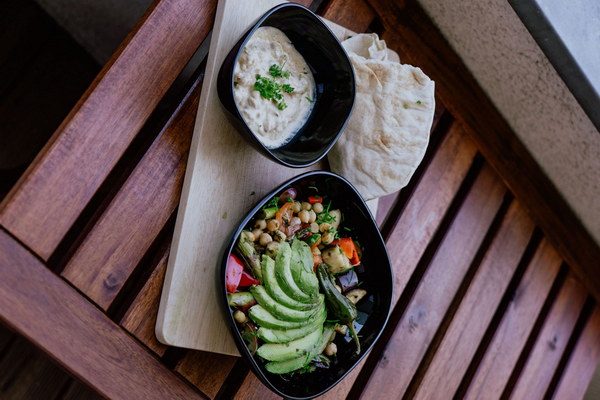Does Shrimp Nourish Your Stomach Exploring the Gastric Benefits of Shrimp
Shrimp, with its succulent and delicate flavor, has long been a favorite among seafood enthusiasts. However, many people often wonder if this delectable delicacy can actually nourish the stomach. In this article, we will delve into the topic of whether shrimp can be beneficial for the digestive system and how it can contribute to a healthy stomach.
Firstly, it is essential to understand that shrimp is a low-fat and high-protein food. This makes it an excellent choice for individuals looking to maintain a healthy diet while still satisfying their craving for seafood. The high protein content in shrimp can aid in muscle repair and growth, while the low-fat content can help in weight management.
In terms of stomach health, shrimp can be beneficial due to its high protein content. Protein is crucial for the maintenance and repair of the stomach lining, as it helps to prevent ulcers and other stomach disorders. Additionally, the amino acids found in shrimp can help to improve the production of digestive enzymes, which can enhance the digestive process and reduce the risk of indigestion.
Shrimp is also rich in vitamin B12, which is essential for maintaining a healthy digestive system. Vitamin B12 plays a key role in the formation of red blood cells and the proper functioning of the nervous system. A deficiency in vitamin B12 can lead to a variety of digestive problems, such as constipation, diarrhea, and anemia. Including shrimp in your diet can help to prevent such issues and promote overall digestive health.
Moreover, shrimp is an excellent source of selenium, a mineral that has antioxidant properties. Selenium can help to protect the stomach lining from oxidative stress and inflammation, which are common contributors to stomach disorders. By incorporating shrimp into your diet, you may be able to reduce the risk of developing stomach ulcers, gastritis, and other gastrointestinal issues.
While shrimp can be beneficial for stomach health, it is important to note that certain individuals may experience discomfort or adverse reactions when consuming shrimp. People with shellfish allergies should avoid shrimp, as it belongs to the same family as other shellfish, such as lobster and crab. Additionally, individuals with gastrointestinal conditions like irritable bowel syndrome (IBS) or celiac disease should consult with their healthcare provider before incorporating shrimp into their diet.

When preparing shrimp for consumption, it is essential to ensure that it is properly cooked to avoid foodborne illnesses. Raw or undercooked shrimp can carry harmful bacteria such as Salmonella and Shigella, which can cause food poisoning. Cooking shrimp thoroughly can eliminate these risks and make it a safe and nutritious addition to your diet.
In conclusion, shrimp can indeed be beneficial for stomach health due to its high protein content, vitamin B12, selenium, and other nutrients. Incorporating shrimp into your diet can contribute to a healthy digestive system and reduce the risk of stomach disorders. However, it is important to be mindful of individual allergies and gastrointestinal conditions before indulging in this delicious seafood. Always ensure that shrimp is cooked thoroughly to prevent foodborne illnesses. So, the next time you're craving seafood, consider reaching for some shrimp, knowing that it may be doing your stomach some good!









